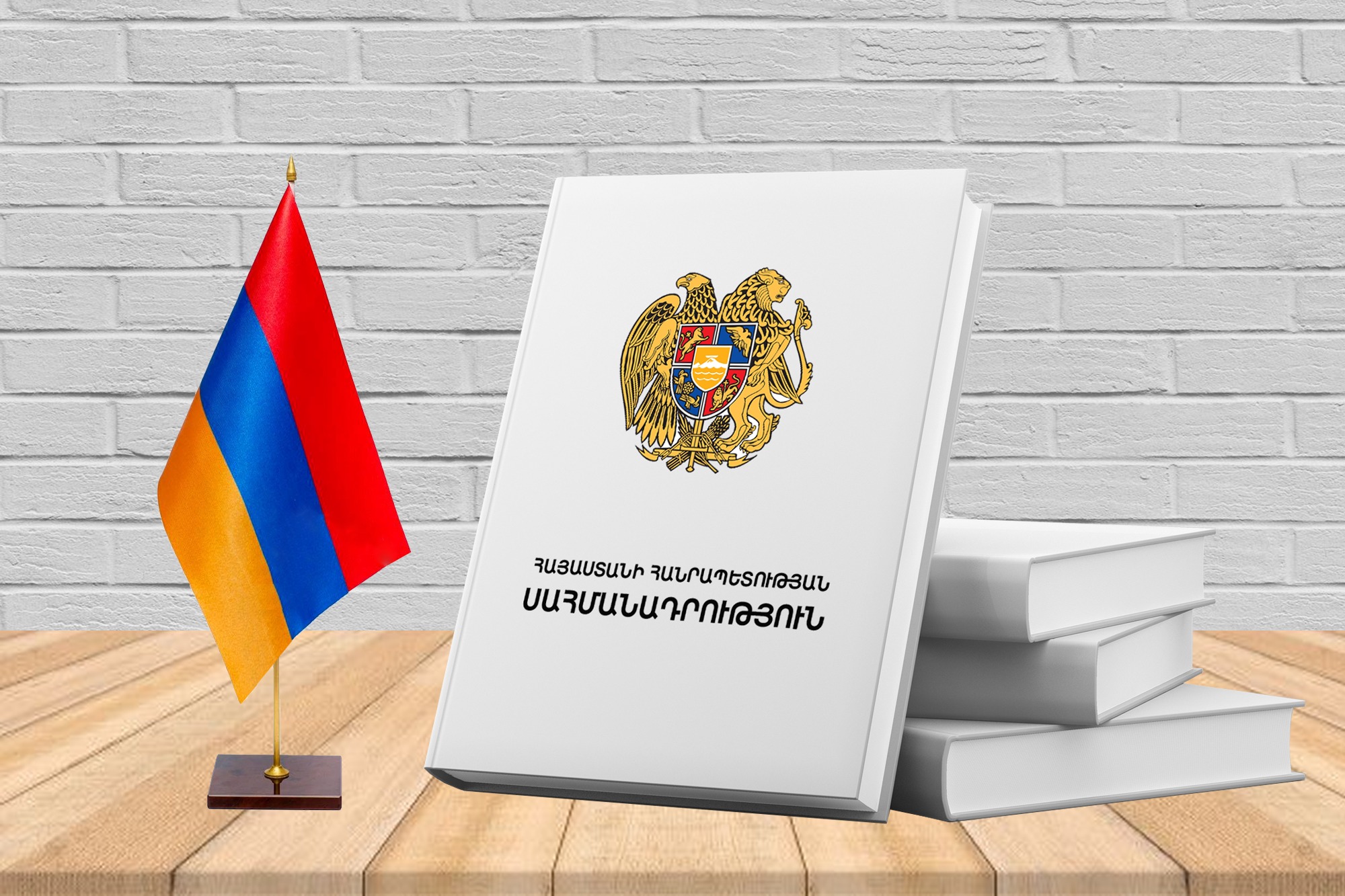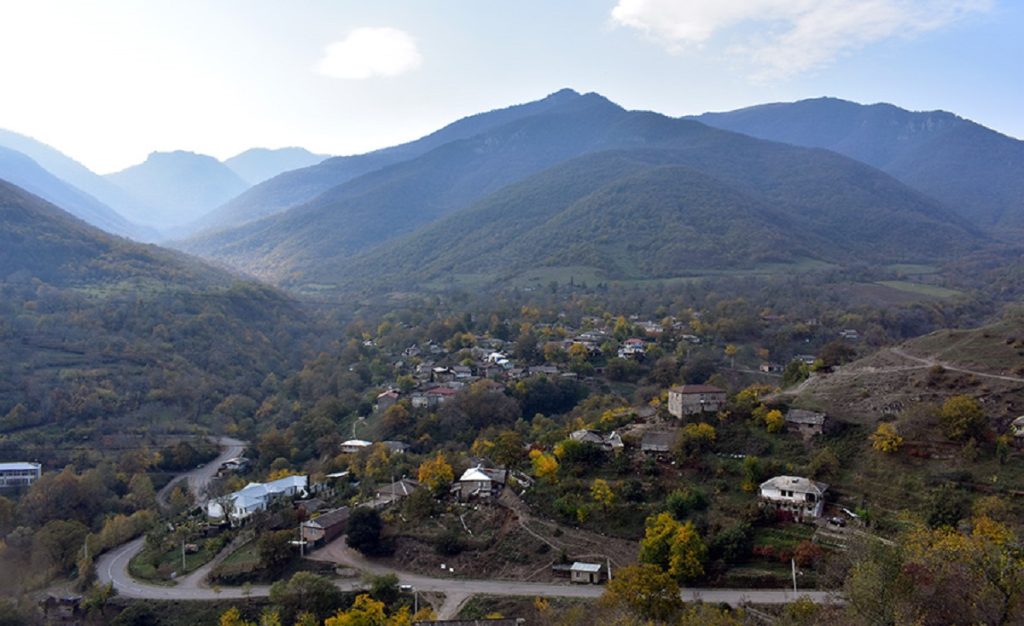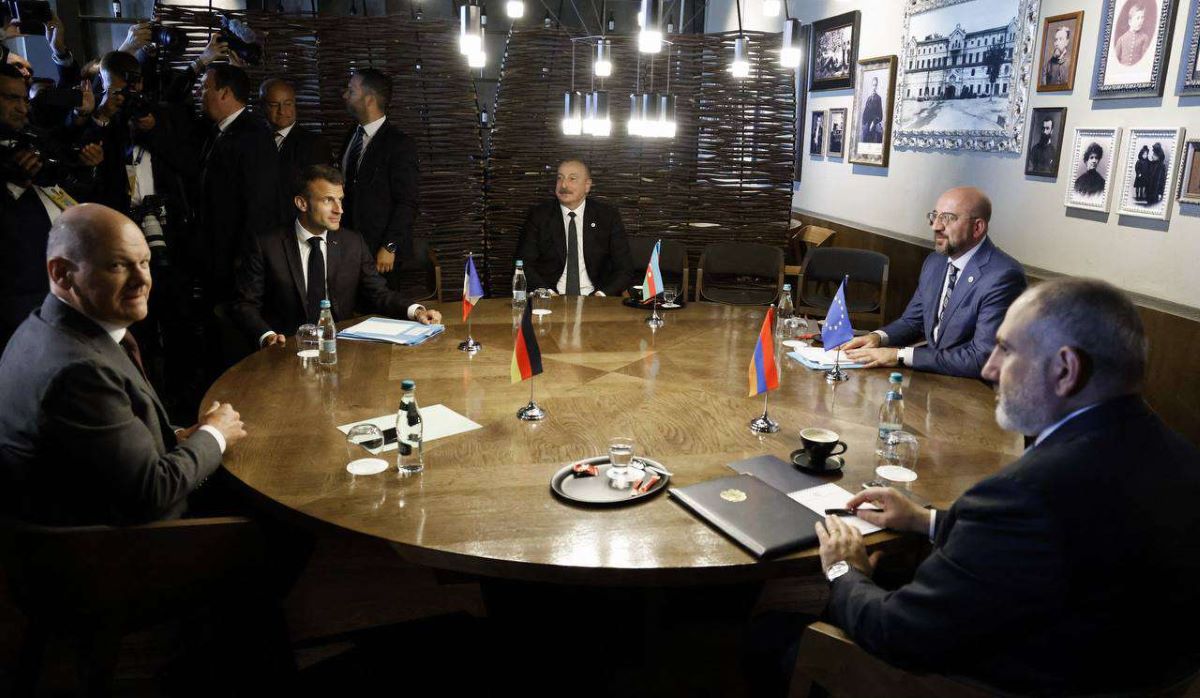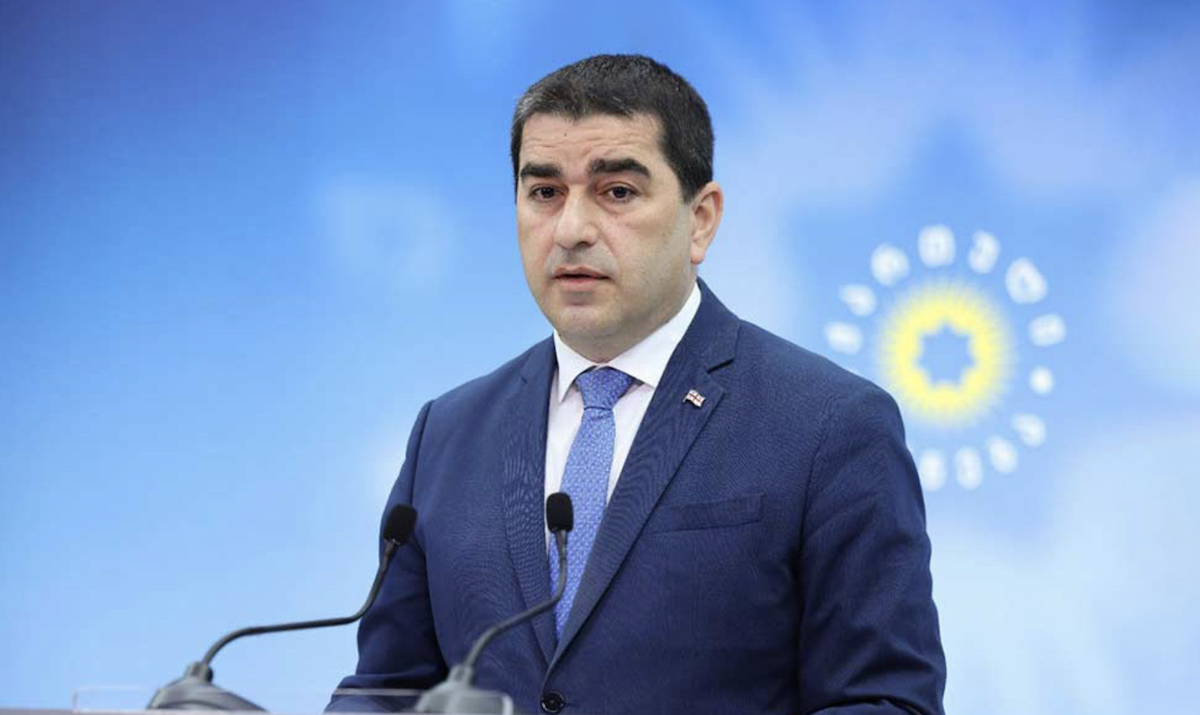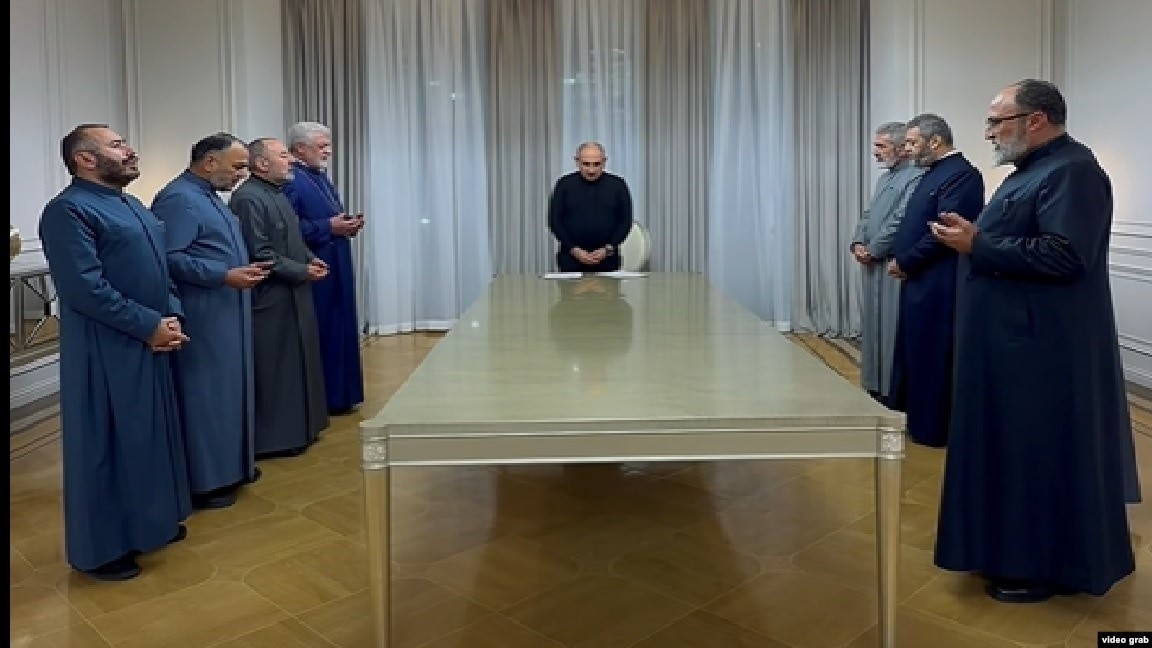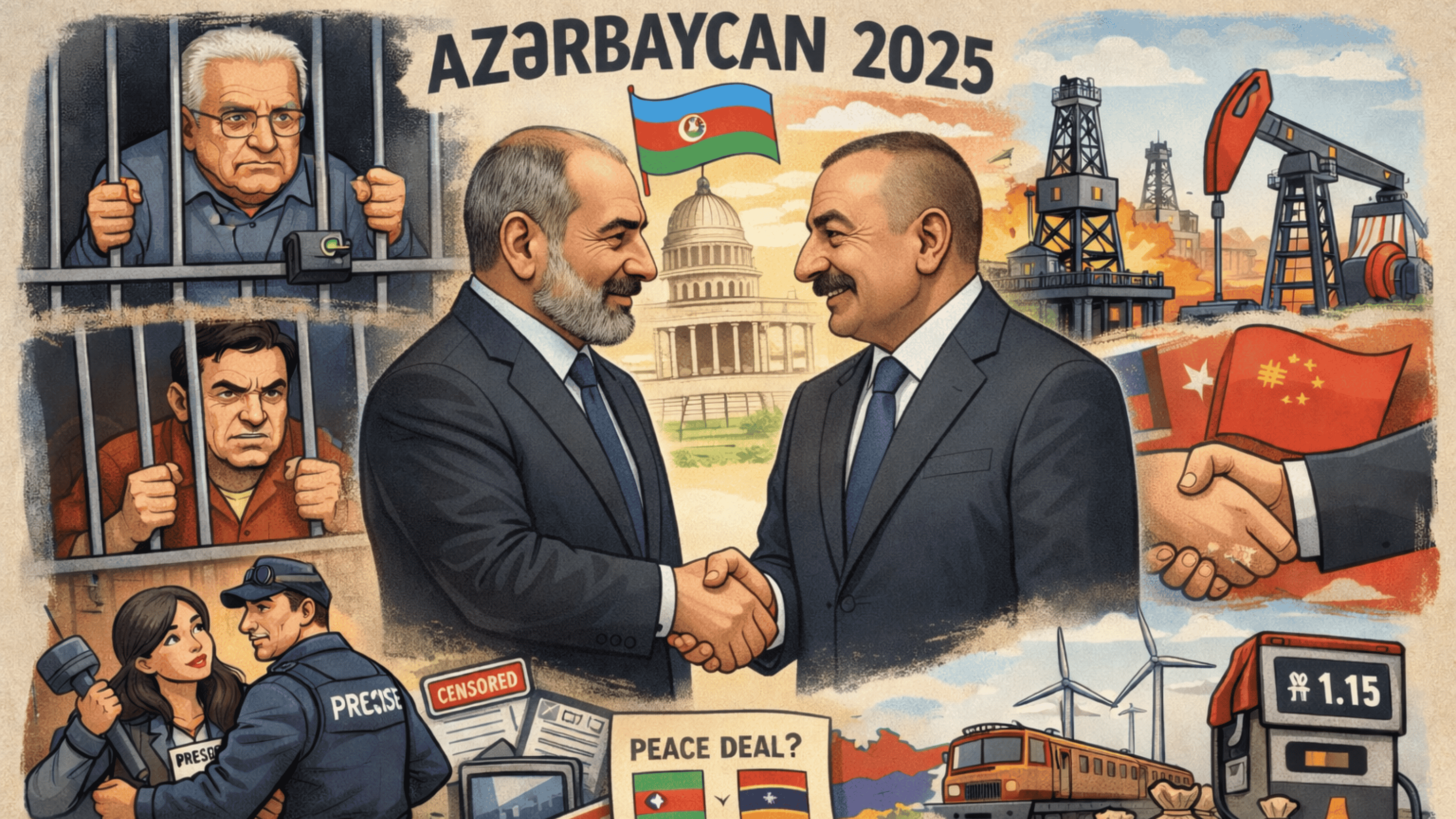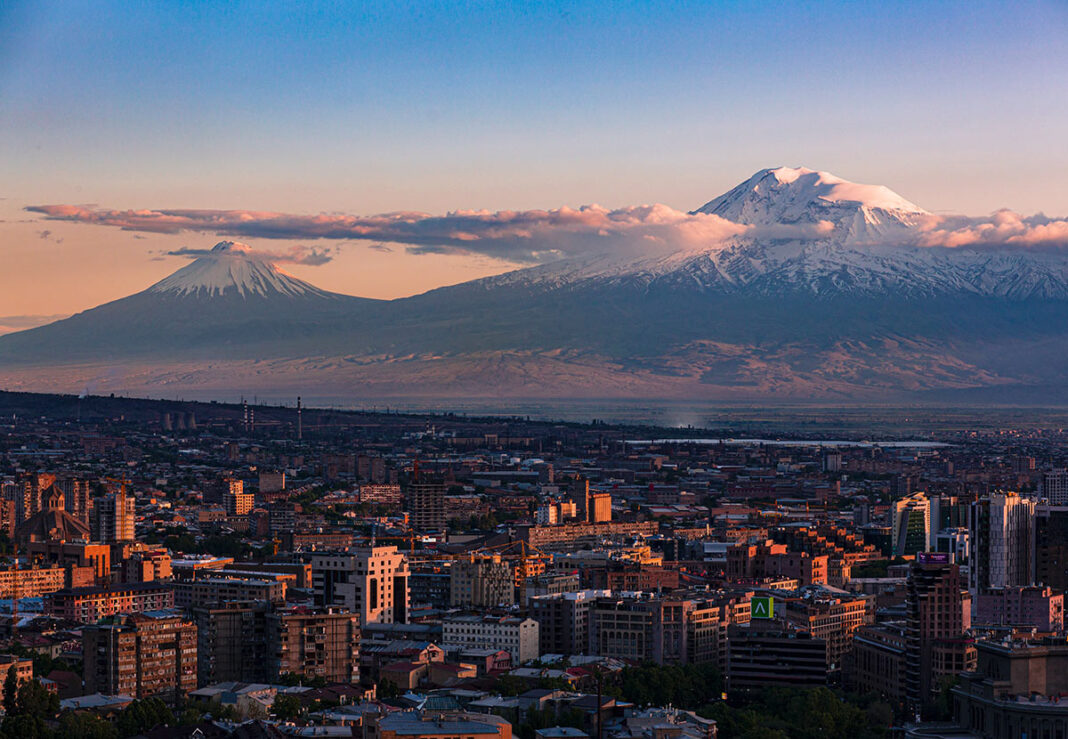Is the call for tough compromises addressed to Azerbaijan or Armenia? Opinions from Yerevan
Armenia-Azerbaijan peace treaty
A peace treaty between Armenia and Azerbaijan is possible, but it will require both sides to “make some difficult choices and tough compromises,” stated US State Department spokesperson Matthew Miller. He emphasized that Washington will not stop until an agreement is reached.
The Armenian authorities have not yet responded to his statement. The parliamentary opposition believes that when Miller mentioned concessions, he might have been referring to the so-called “Zangezur Corridor.” The opposition recalls that the necessity of opening the “corridor” was recently mentioned by the president of Turkey as well.
The expert community also believes that the statement could be referring to amendments to the Armenian constitution. However, political analyst Hovsep Khurshudyan assures that he has information indicating that the call is actually addressed to Azerbaijan.
- Opinion: “The only viable option for Armenia is to coexist with Turkey and Azerbaijan”
- “Pashinyan seeks peace, while Aliyev pursues war”: opinion from Yerevan
- Armenia fulfills Aliyev’s demand? Pashinyan proposes a new constitution
Yerevan and Baku achieve “incredible progress”
Matthew Miller stated that Yerevan and Baku “have come a long way and achieved incredible progress.” According to him, this progress was evident during the recent meeting of foreign ministers in Washington. However, he did not provide further details.
The State Department representative said that Washington will continue to encourage both sides to resolve their differences and reach an agreement.
The meeting between the foreign ministers of Armenia and Azerbaijan, mediated by US Secretary of State Antony Blinken, took place on July 10 during the NATO summit. After the talks, the Armenian Foreign Ministry released only the following information: “The parties noted the progress achieved by Armenia and Azerbaijan towards concluding a historic peace treaty and establishing interstate relations, and agreed to continue their work.”
Comments
“The statement from the United States was very bad and strange,” said political analyst Styopa Safaryan.
“What does compromise mean? Have they just included Armenia in this segment? Are they trying not to offend Azerbaijan? Do they not want the reproach to be directed solely at Azerbaijan? Or is there indeed something in which we need to compromise, make a difficult choice?“
According to Safaryan, Armenia has no room left to retreat, “there is no more space for concessions.” The US needs to clarify what is meant by “difficult compromise,” the expert believes. This would allow Armenian society to understand what other choices lie ahead.
Miller’s statement seems strange to the political analyst because “it is not Yerevan, but Baku that regularly seeks reasons not to sign the document that includes the already reached agreements.” As evidence, Safaryan recalls Azerbaijan’s demand for Armenia to amend its constitution to sign a peace agreement.
Azerbaijan “has other demands as well, it just changes its priorities from time to time,” says the political analyst. He also finds it no coincidence that after the Mirzoyan-Bayramov-Blinken meeting, the Turkish president spoke about opening the so-called “Zangezur Corridor.”
This involves granting Azerbaijan an extraterritorial corridor, meaning Armenia would lose control over its own road. Erdogan took up one of the demands to make it easier for the Azerbaijani president to push another related to the constitution, Safaryan suggests.
Commenting on the issue of constitutional changes, Safaryan emphasized that this is an internal matter for Armenia:
“This issue should not be discussed in Washington or anywhere else. So far, no organization, including the Venice Commission, has told us that there are problems with our constitution from the perspective of international law.”
Recently, statements from Baku have suggested that Armenia should amend its constitution to conclude a peace treaty. Azerbaijan finds it problematic that the constitution references the Declaration of Independence, which mentions the reunification of the Armenian SSR and Nagorno-Karabakh.
The analyst believes that “no referendum can erase from history” the fact that Armenia adopted the Declaration of Independence:
“And who said that this reference to the declaration implies that Artsakh is part of Armenia? This reference indicates that the Armenian people have achieved their historical goal of statehood.“
At the same time, the political scientist asserts that “it is precisely the constitution and laws of Azerbaijan that contradict the rules of the international game, as they formulate territorial claims against Armenia.”
In conclusion, the expert questions whether the West demands simultaneous changes in the legislation of both Armenia and Azerbaijan.
He explains that a peace agreement is an international document. If signed, it would have a higher status than local legislation. Therefore, the issue of constitutional changes should not be tied to the peace process.
The statement from Miller caused him concern until he received information that the call was addressed to Azerbaijan, says political analyst Hovsep Khurshudyan.
He did not disclose his sources. However, according to him, partners in the US understand that Armenia has already made all possible concessions:
“In reality, the main demands are addressed to Azerbaijan. They do not want to announce that one side is being destructive and needs to make concessions because this would reveal certain elements of the negotiation process, which is not planned at this time.”
Khurshudyan does not share the view that the parties did not achieve any progress during the negotiations in Washington. The results are not announced as a principle: until everything is agreed upon, nothing is agreed upon, the expert explains. He also considers it important that Miller used the term “peace agreement” rather than “framework agreement,” which Azerbaijan has been insisting on recently.










